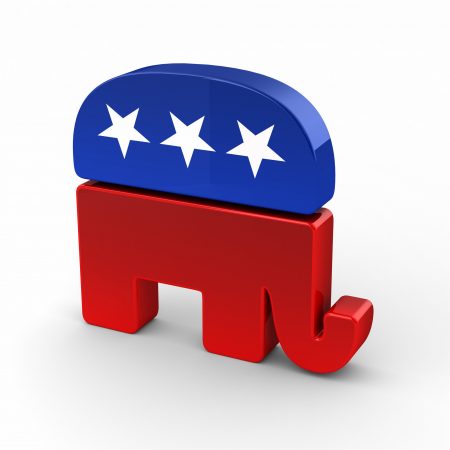WHAT WILL BECOME OF “OBAMACARE?”
by Contributor, ©2017
 (Jan. 4, 2017) — When it comes to healthcare administration jobs, much of what you do is probably dependent upon who happens to be sitting in the Oval Office at any given time. There is no doubt that healthcare is largely influenced by party affiliations, as is evidenced by the past eight to ten years of our United States history. When President Obama began campaigning way back in the latter part of the last decade, his big claim to fame was going to be an affordable healthcare plan that would offer insurance to everyone no matter what their history was. His plan, officially called the Patient Protection and Affordable Care Act, came to be known as Obamacare.
(Jan. 4, 2017) — When it comes to healthcare administration jobs, much of what you do is probably dependent upon who happens to be sitting in the Oval Office at any given time. There is no doubt that healthcare is largely influenced by party affiliations, as is evidenced by the past eight to ten years of our United States history. When President Obama began campaigning way back in the latter part of the last decade, his big claim to fame was going to be an affordable healthcare plan that would offer insurance to everyone no matter what their history was. His plan, officially called the Patient Protection and Affordable Care Act, came to be known as Obamacare.
A Brief Rundown on the Controversy
From pre-existing conditions to an inability to pay for health insurance, Obama promised that everyone would have coverage. But, did they? There is still heated controversy over that one seemingly ‘small’ item and many feel that Obamacare played a significant role in the election of Donald J. Trump, a vocal opponent of Obama, Clinton and all that the Democratic Party stood for. But how does that influence healthcare? Actually, political bias has a lot to do with healthcare at any given time.
Gallup Poll Authenticates Political Bias
It all boils down to law. Careers in healthcare administration should be neutral and always focused on improving outcomes for patients who cross their doors. However, when Gallup conducted a survey in the early spring of 2014, it was found that party affiliations played a significant role in how voters felt about healthcare reform. It was their finding that:
- Registered Republicans were 17x more likely to object to the ACA than liberal Democrats.
- Registered Independents were at least 5x more opposed to Obamacare than Democrats polled.
- Avowed Conservatives who ‘voted’ to be opposed were 6x more likely to be so than Democrats.
- Those who claimed to be Moderates were the closest to Democrats, only 2x more opposed.
Then there is the race card to be played. Gallup found that white respondents were 4x more opposed to the ACA than non-white respondents. Although that is just a random bit of trivia, it does have an impact on how consumers view healthcare.
How Politics Have Impacted MSHA Careers
Since a ceiling was imposed on services, it appears as though an already struggling industry had even greater crosses to bear. The exorbitant cost of healthcare had always been an issue, especially with the underprivileged, but since the ACA was supposed to get a handle on runaway costs, it has been a huge disappointment for most that it has failed miserably. Now Republicans had even more ammunition when it came to the presidential election, and in keeping with their ideology, President Elect Trump vowed to repeal the ACA because it was cost-prohibitive and even insurers were dropping out like dead flies on a windowsill.
 Liberal left-wingers view healthcare with a rather socialist view, i.e., that it should be available to all regardless of their needs, national origin or ability to pay. While the incoming president also feels that those in need should receive healthcare coverage, he is not at all in favor of making it a law that you must purchase insurance. That would lie too far to the left and on the side of socialism for his liking, so you can see, politics do play a role in healthcare. It’s only a matter of to what degree and from which side of the fence you are standing.
Liberal left-wingers view healthcare with a rather socialist view, i.e., that it should be available to all regardless of their needs, national origin or ability to pay. While the incoming president also feels that those in need should receive healthcare coverage, he is not at all in favor of making it a law that you must purchase insurance. That would lie too far to the left and on the side of socialism for his liking, so you can see, politics do play a role in healthcare. It’s only a matter of to what degree and from which side of the fence you are standing.

